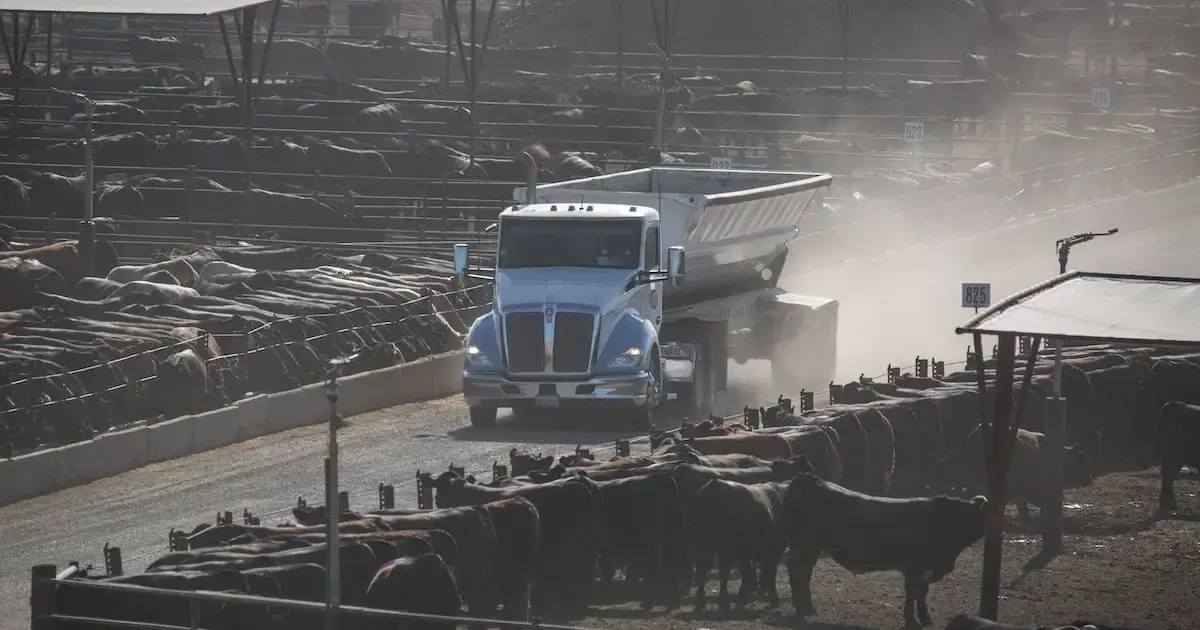climate friendly anything.
there are simply too many people
It’s not just a matter of the number of people. The per capita consumption of meat is higher than it was decades ago
I’m just saying no matter what green initiatives we take won’t really help because there’s too many people. On no scale is feeding this increasing number of people going to be environmentally viable.
It’s far from true to say it won’t really help. Animal agriculture is substantially more inefficient than many realize
Transitioning to plant-based diets (PBDs) has the potential to reduce diet-related land use by 76%, diet-related greenhouse gas emissions by 49%, eutrophication by 49%, and green and blue water use by 21% and 14
That’s not mentioning that the land use reduction has the potential truly massive portions of CO2. Even just reducing a bit is enough to potentially end up sequestering 14 years worth of agricultural emissions
Our results show that such dietary change [reduction in animal production consumption] could reduce annual agricultural production emissions of high-income nations’ diets by 61% while sequestering as much as 98.3 (55.6–143.7) GtCO2 equivalent, equal to approximately 14 years of current global agricultural emissions until natural vegetation matures
If we look at fully plant-based diets, we can reduce land and sequester enough to almost help us reach climate targets on its own
Here we map the magnitude of this opportunity, finding that shifts in global food production to plant-based diets by 2050 could lead to sequestration of 332–547 GtCO2, equivalent to 99–163% of the CO2 emissions budget consistent with a 66% chance of limiting warming to 1.5 °C.
https://www.nature.com/articles/s41893-020-00603-4
Keep in mind these models are usually accounting for population (peaking around ~10 billion). Is population growth making emissions worse, sure, but these changes can still be large despite that
Unfortunately, convincing people to have fewer children is likely to be significantly more challenging than convincing them to eat less beef.
Unfortunately you’re very right. Alternatively nature is very potent at equalizing. Let’s watch how that unfolds
It’s a shame, because it would do wonders for the environment if people just cut down on both: beef once a week instead of several times a day, and 1-2 kids instead of 3 or more. Both would be more special for being enjoyed in smaller quantities, too.


